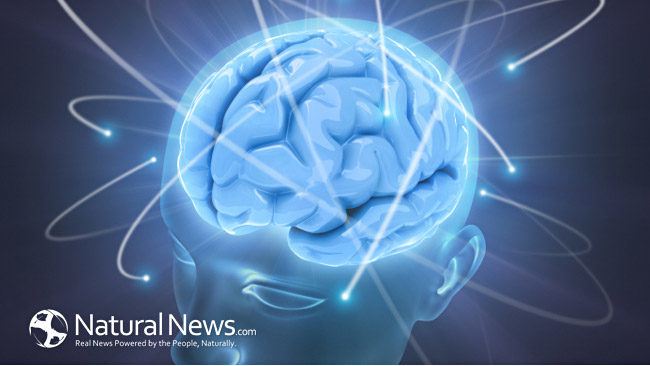I forgot!!!! It happens and it appears to happen more often with age. That feeling of remembering very little can be frustrating. It always depends what we forget (how important the information was/is), but whichever the case it doesn’t mean we have or are developing Alzheimer’s. It happens to all of us. We misplace our car keys, don’t remember the name of a person we met, or forget what time an appointment is or was.
Our memory is our ability to recall facts or information in our lives. This involves three steps. First, we use encoding. This means we take in the information. Secondly, consolidation takes place where the brain processes the information and stores it in the correct areas. Finally, memory is about retrieval. We recall what has been stored.
As we age, we might feel like our memory is slipping. We need more reminders. We also forget based on how we prioritize information. We try not to forget important things. When we are stressed or on information overload, we might also forget. Our memory can also become distorted over time. Ever embellish re-telling a story? You forget some of the parts, so you just filled in. We really don’t always remember what actually happened. The more time that passes, the more likely our memory will become diminished. Other factors that can affect our memory include depression, ADHD, vitamin B-12 deficiency, thyroid disorders, diabetes, or alcoholism. These associations with memory loss are typically only temporary. With ADHD and depression, you have trouble paying attention so it only seems right that you don’t remember. You are not engaged enough in the current moment to take in information.
When it comes to memory, the good old saying, “If you don’t use it, you lose it”, applies. One-third of memory loss comes from genetics, but the rest is up to us. Think of the memory as a muscle that becomes stronger the more we train and practice its use. Staying intellectually involved, socially engaged, performing physical activity, eating a healthy diet, and reducing stress, are all ways to help fight memory loss. Sleep is also important. When you are tired, your brain is fatigued already. Repetition helps too. You might have to repeat information to yourself to retain it. Reading is also a great way to keep the brain stimulated. Your brain just like your body appreciates exercise too. So don’t forget to get moving and remember to eat healthy while you are at it too.
https://www.ncbi.nlm.nih.gov/pmc/articles/PMC1123445/
https://www.ncbi.nlm.nih.gov/pmc/articles/PMC1563968/








